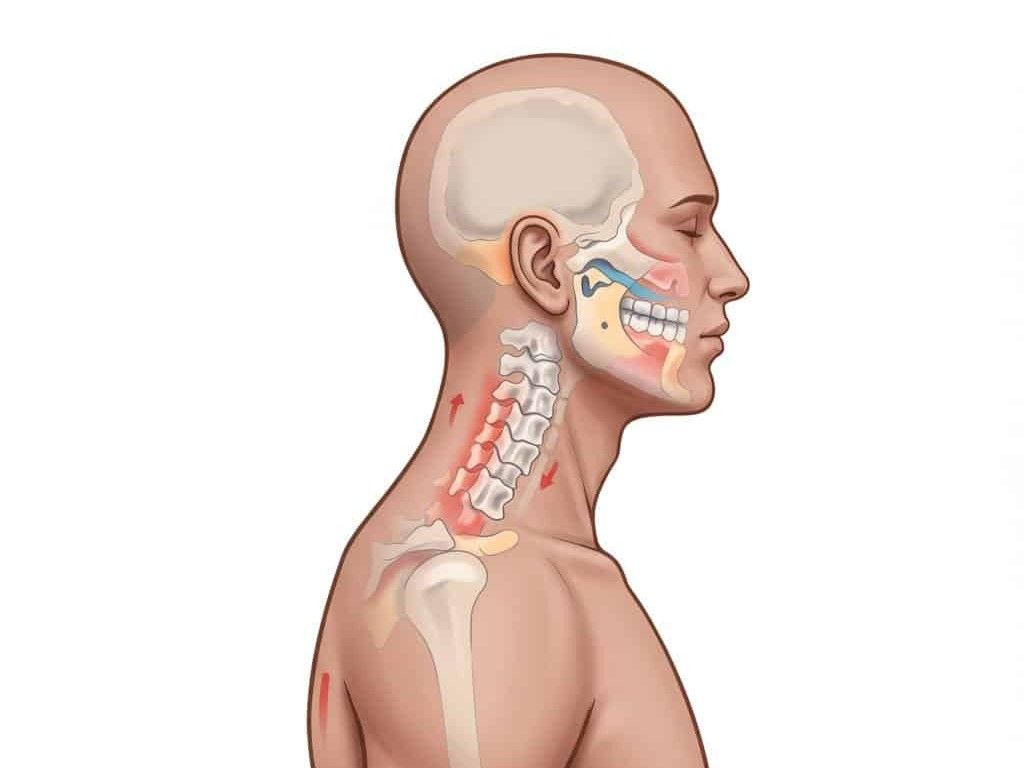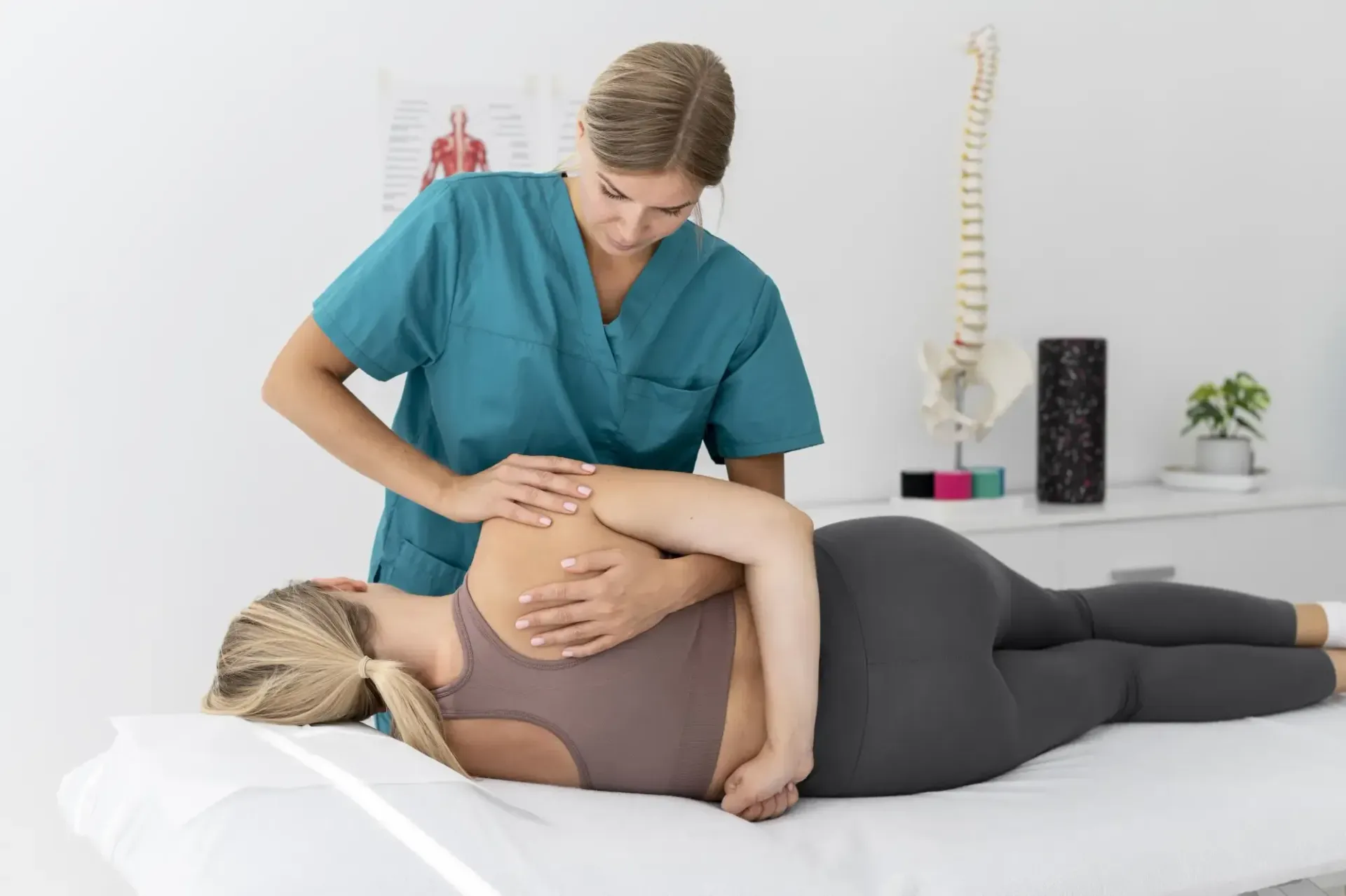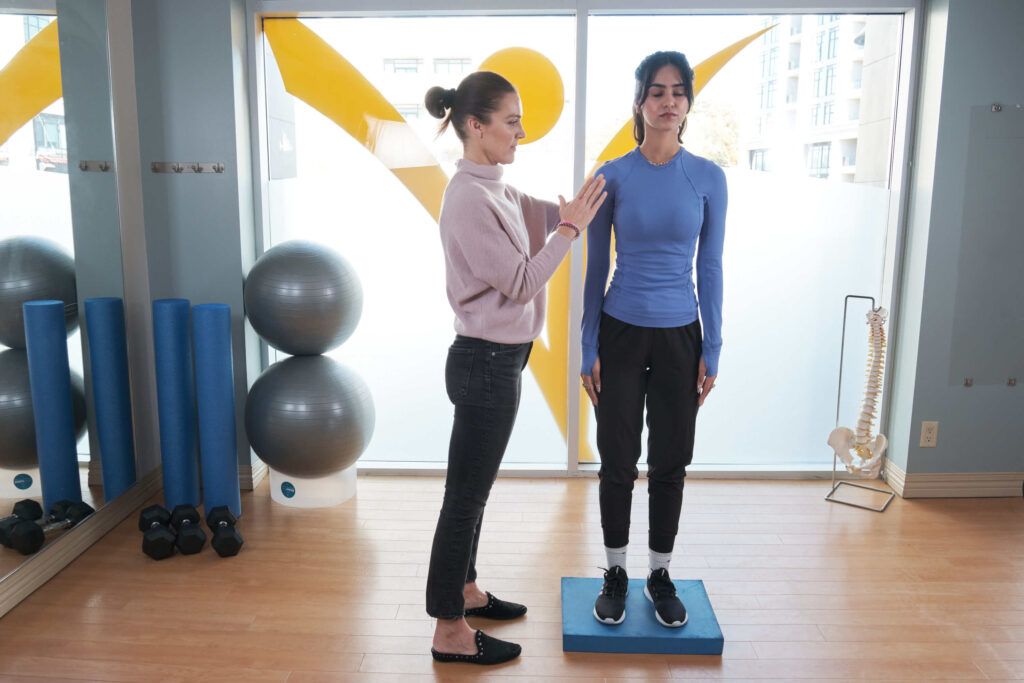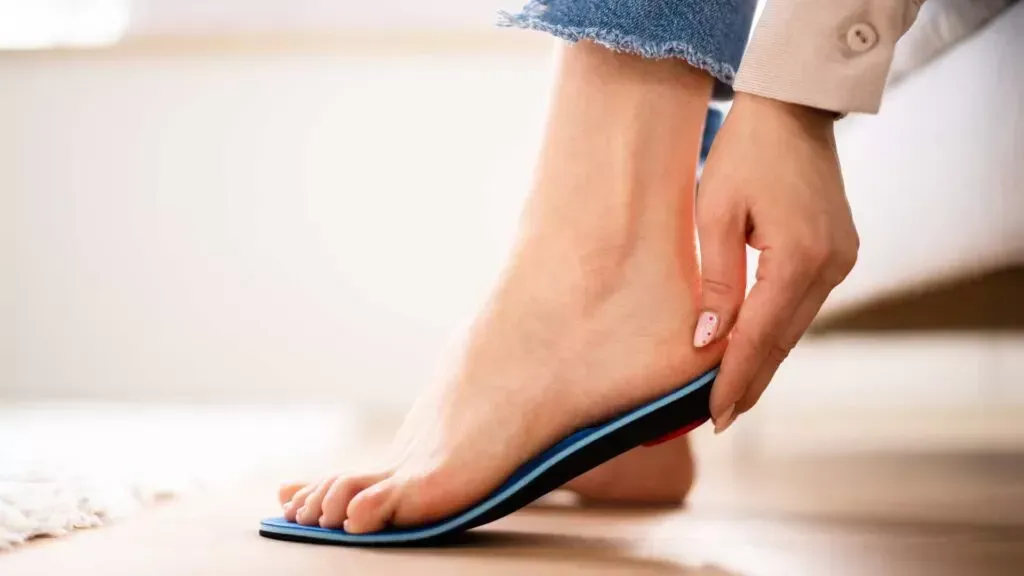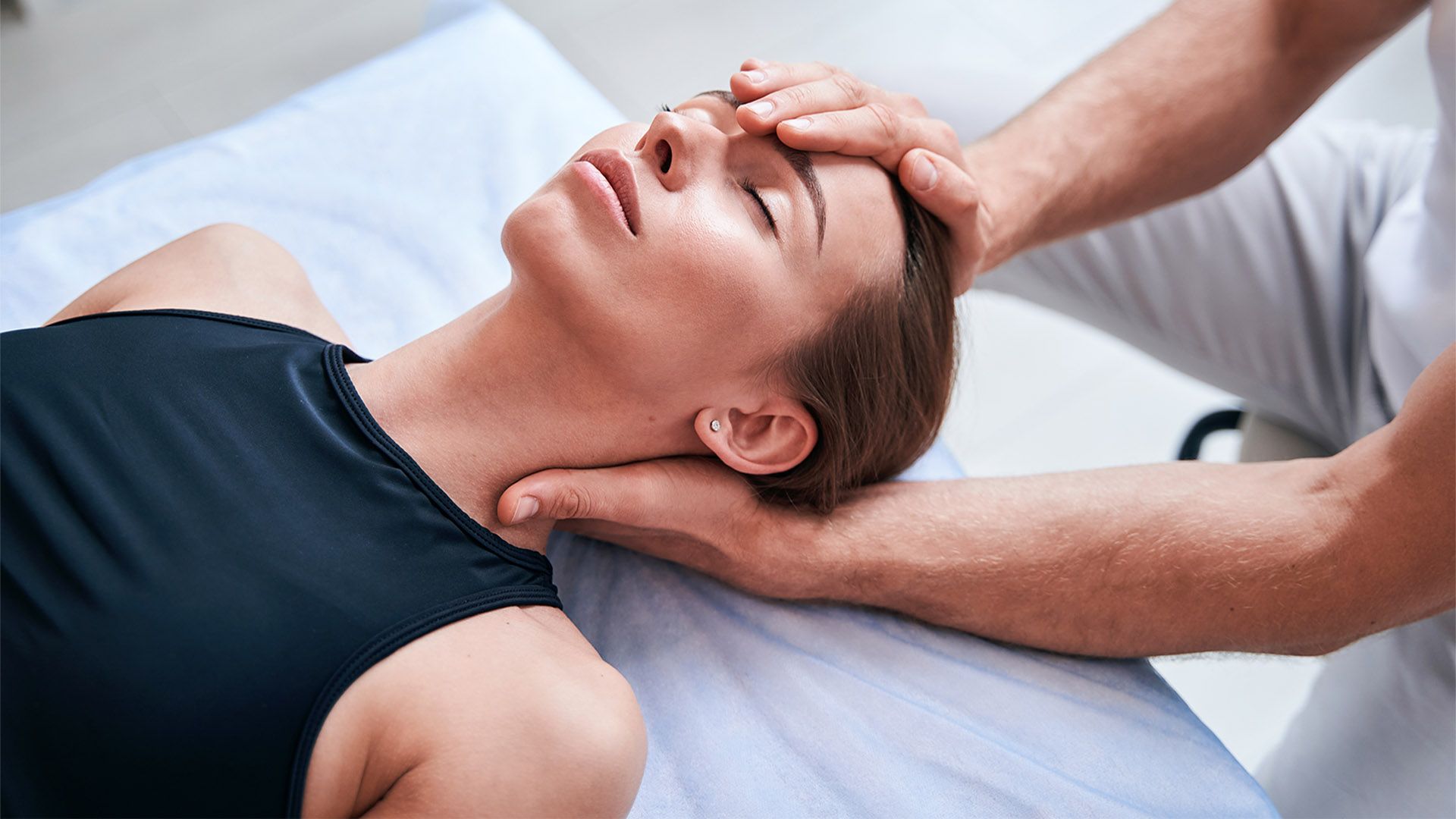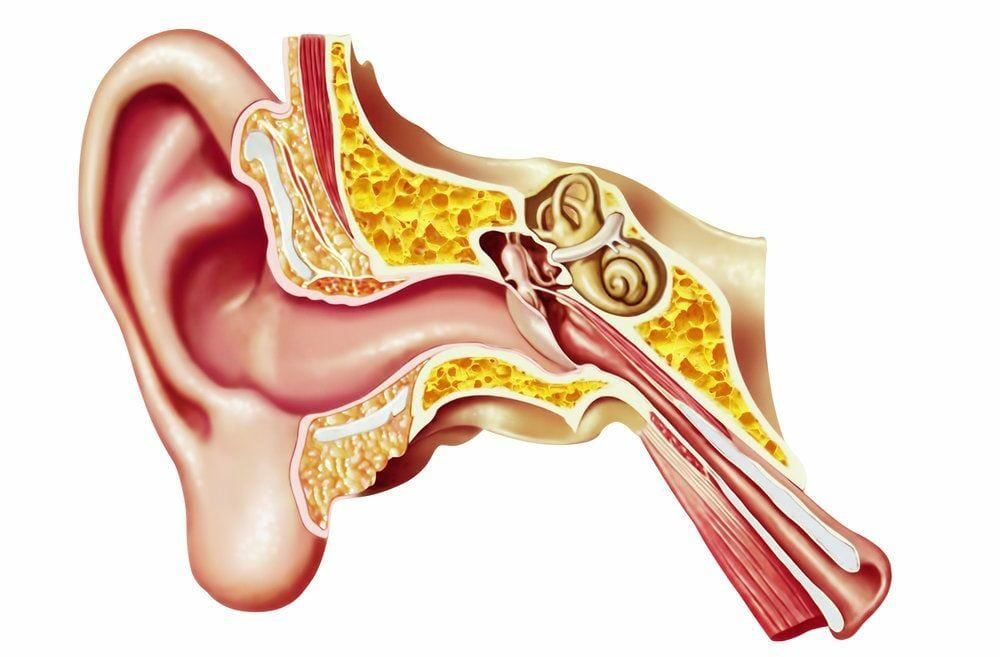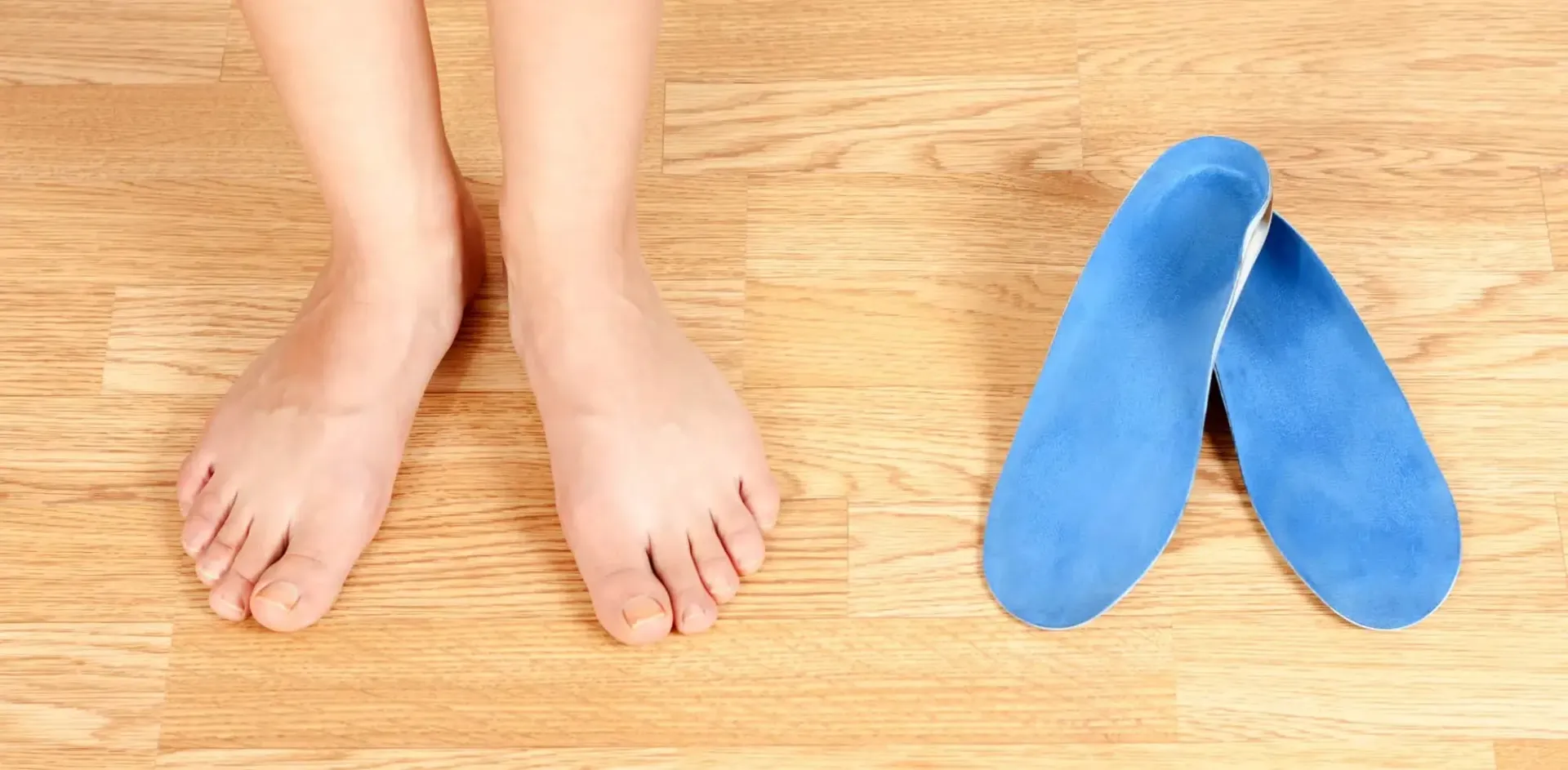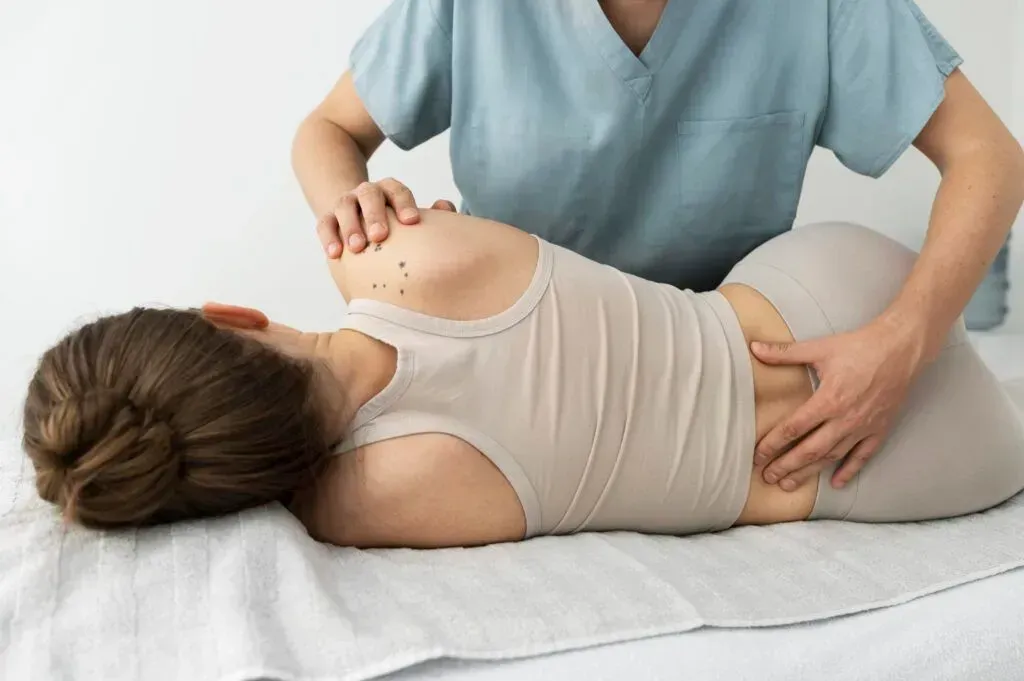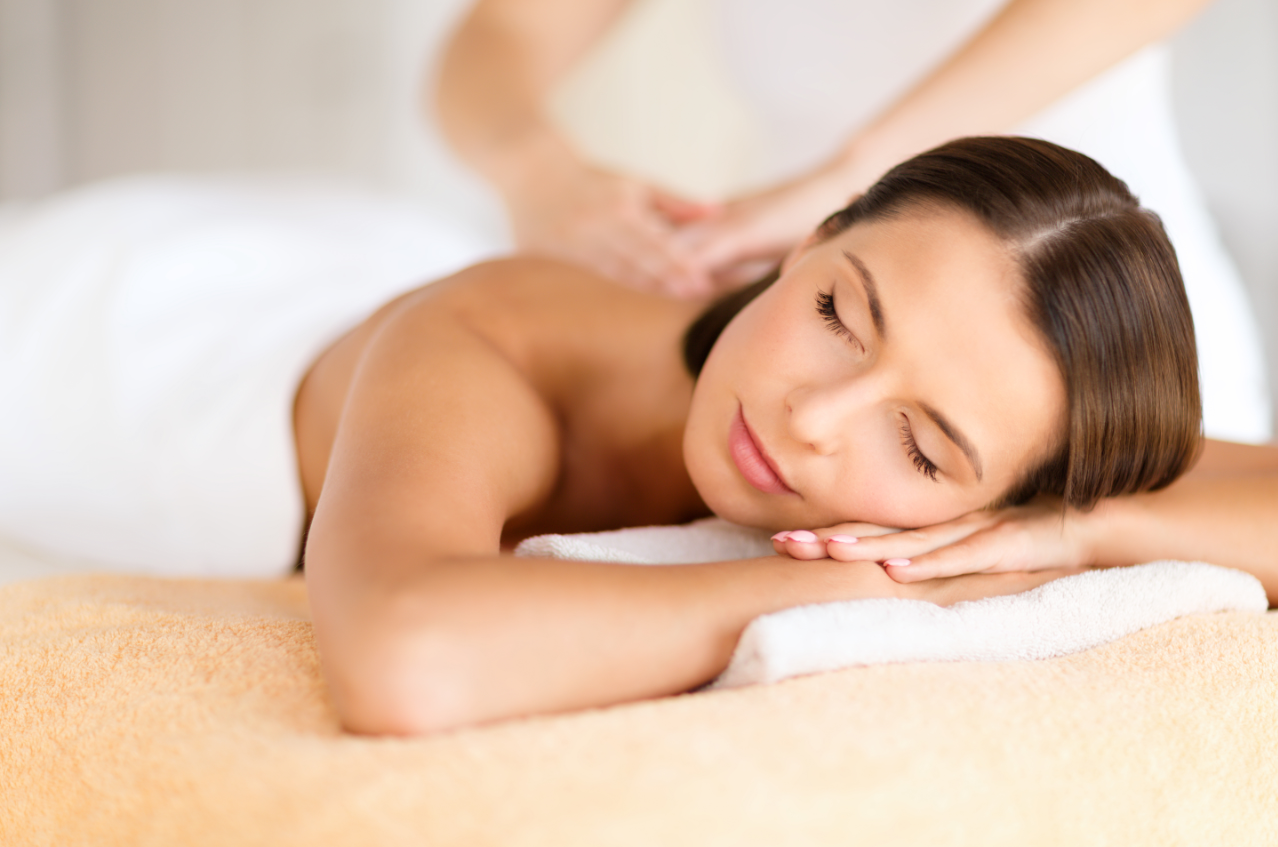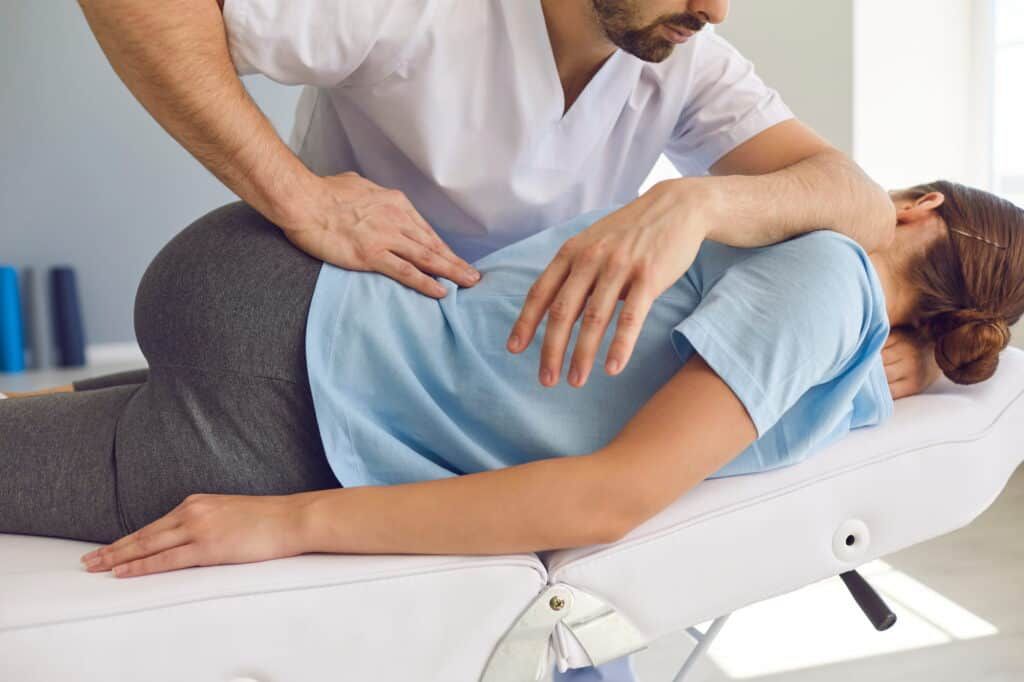Reliable Health Information 101 | Rosedale Wellness Centre
In today’s society there is no lack of health information. In fact, there is a magical forum that makes this information easily accessible to the public called “The Internet”.The problem is that not all health information (or information in general) is trustworthy, and it is difficult to discern which information we can/cannot trust.
The Internet often produces fake news, particularly on Facebook. People tend to think of fake news as only pertaining to politics, but it is also a prevalent issue in the health field. Most fake health information revolve around controversial topics such as vaccinations, big pharmaceutical companies paying doctors, harm and benefits of opioids, and the list continues. Fake news is very tricky because it often includes fabricated videos and quotations and appeals to our emotions. However, it is time that we start trusting the information that is valid and reliable and stop believing whatever information sounds the best to us.
As I looked more into the health information out there, I found that there might be some scientific backing to the ridiculous claims made on the Internet and the news, but a lot of the time, the information is blown out of proportion. One of my favourite examples of this was in 2015, when the Huffington post published an article with the headline,“A glass of red wine is the equivalent to an hour at the gym, says new study”. At this time several other news outlets were publishing similar articles and broadcasts. This study seems too good to be true, right? That is because it is. The study that this headline refers to was tested on rats. The study did show that Resveratrol, which is an antioxidant found not just in red wine but also fruits and nuts, has beneficial effects on cardiac and skeletal muscle function. However, in order to get the beneficial effects of resveratrol in red wine, you would need to drink gallons, which would have detrimental effects on your liver. It is not possible to drink as much wine as you would need to in order to receive the beneficial effects. That being said, more research is needed in this area before we can draw any final conclusions.
So, it boils down to the question: who can we trust? Even textbooks have their issues because you are still relying on someone else to summarize the information. Looking at primary references can solve a lot of the problems with the Internet, media and textbooks. Primary references present all the information that the researchers have acquired and leave the interpretation to the reader.
In an ideal world you would get all your information from reliable primary research. But with the time constraints many of us face in our daily life,that may not be possible. If you are using information from the Internet, you should make sure it is a legitimate source of information by following these steps:
1. If the source refers to a certain study, make sure the study is referenced. Sometimes there is no reference at all, in which case there is no proof that the study exists.
2. Check the author’s credentials. This will tell you if you should or shouldn’t trust the author.
3. Check the publication date. The more recent the better because health information is constantly changing.
Also, in both primary and secondary research, you should check for any possible conflict of interest. For example, if you are looking at a study about dairy being awesome for your health and the study is sponsored by the dairy industry, it may not be the most trustworthy source of information. When in doubt, it is always best to talk to a professional. Regardless of how much research we do, we may not know how to interpret the research correctly unlike health professionals who have rigorous training on the subject matter.
In conclusion, it is crucial that we are aware of the false information out there. If you hear something that seems too good to be true, it really might be just that. Make sure to do your due diligence before trusting and spreading the information.
References
1. Sitch DM. A Glass Of Red Wine Is The Equivalent To An Hour At The Gym, Says New Study [Internet]. 2015 [cited 2018 May 18]. Available from: https://www.huffingtonpost.co.uk/2016/01/08/a-glass-of-red-wine-is-the-equivalent-to-an-hour-at-the-gym-says-new-study_n_7317240.html
2. Dolinsky VW, Jones KE, Sidhu RS, Haykowsky M, Czubryt MP, Gordon T, et al. Improvements in skeletal muscle strength and cardiac function induced by resveratrol during exercise training contribute to enhanced exercise performance in rats. J Physiol [Internet]. 2012 Jun 1 [cited 2018 May 18];590(11):2783–99. Available from: http://doi.wiley.com/10.1113/jphysiol.2012.230490


